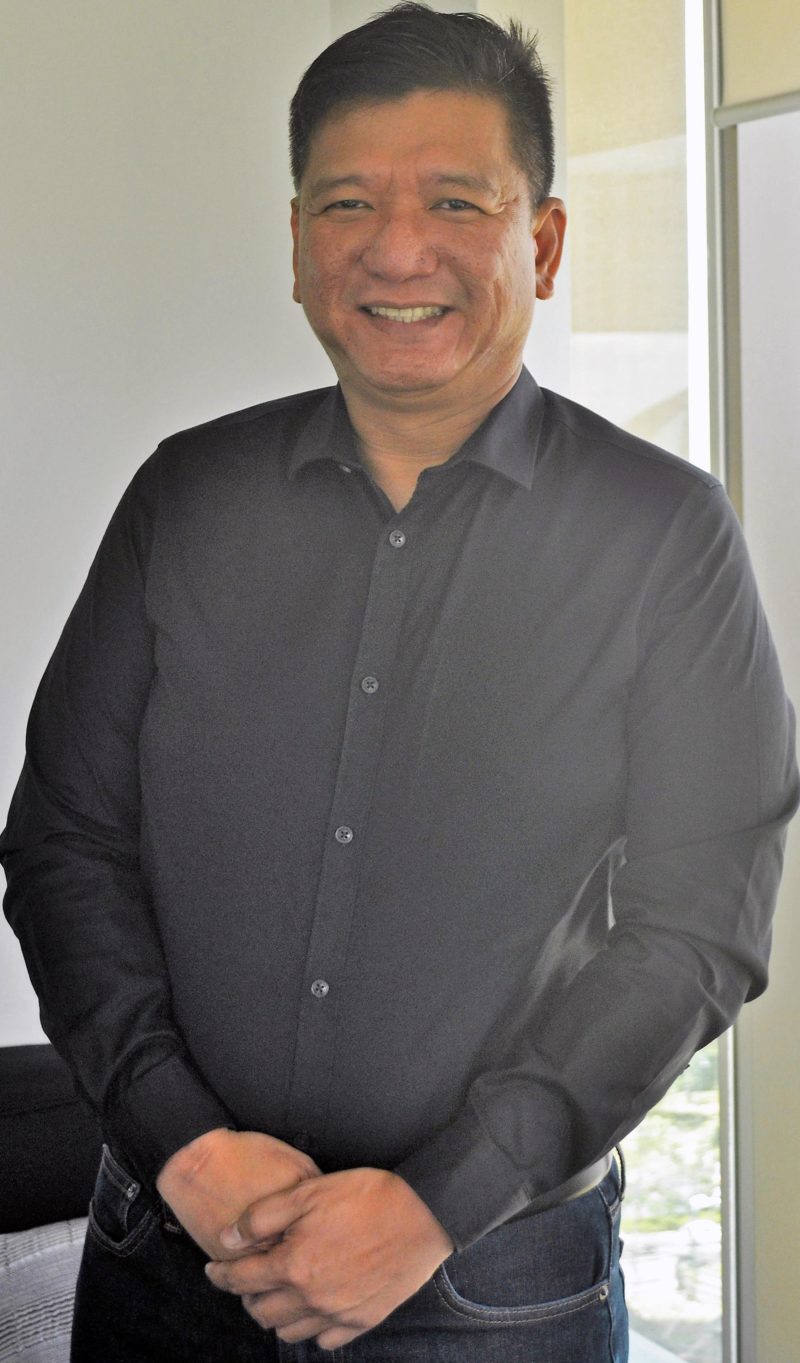
In the highly competitive field of Philippine logistics, newcomer supply chain solutions provider Victory Group of Companies believes there is more than enough room for new players.
Enrique Castillo, president and chief executive officer of Victory Group, estimates that by 2020, outsourced logistics spend by the Philippines’ top 1,000 corporations will be between P180 billion and P200 billion per year.
This means the logistics space is wide open, considering the current top player corners only about 5% to 7% share of this market, Castillo said in a recent interview with PortCalls.
An all-Filipino company that started operations in the last quarter of 2017, Victory Group offers supply chain consultancy services, design, warehousing, shipping, transportation, and domestic and international freight forwarding.
Castillo said the group was born out of the “need for a real end-to-end offering to various customers that we would like to serve”. These clients are in key sectors such as automotive, retail, fast-moving consumer goods, technology, and pharmaceutical.
“I think we can all agree that logistics is never easy,” he said, noting the group can make logistics a lot easier for companies through its suite of synchronized end-to-end supply chain services.
He explained that end-to-end means not just covering all segments in the company’s logistics services, but “being able to look at where the challenges are and how you can reconfigure, recalibrate the distribution network” and synchronize all moving parts.
Not having control over some components of the supply chain, he noted, could be regarded as a weakness in a service provider.
Victory Group has four operating units that complement each other’s operations—Rytmatch Logistics, Inc., (RMLI) SeaCure Freight, Inc. (SCFI), Rytmatch Supply Chain, Inc. (RSC), and Victory Star Shipping Lines, Inc. (VSSL).
Rytmatch Logistics offers in-land transportation services while SeaCure provides domestic and international freight forwarding for both sea and air, and customs brokerage.
Rytmatch Logistics currently has a fleet of more than 600 trucks that includes cargo trucks, car carriers, and vans. The company also outsources third-party truckers whenever needed, as Castillo said the unit aims to find the right balance between owned and outsourced fleet.
Rytmatch Supply Chain is the group’s contract logistics segment which offers warehousing, inventory management, cross-docking, order fulfilment, bundling, cold storage, and warehouse management system.
Castillo said RSC will be putting up warehouses and distribution facilities all over the country, including Bulacan, Laguna, Bacolod, Iloilo, Cebu, Davao, Cagayan de Oro, General Santos, and Zamboanga.
These facilities, which will have both dry and cold storage, will come with spaces for both exclusive and multiple clients. He said gone are the days when it was a no-no to put two competitor companies’ products in the same warehouse, noting that competition takes place in the store and not in the logistics.
While other companies are looking at putting up cross-docking facilities, Castillo said RSC facilities provide both warehousing and cross-docking. Having both services in one location makes it easier for clients to manage their products and save on transportation costs, he explained.
Victory Star Shipping Line, meanwhile, offers domestic shipping services. Its first vessel, MV Unido, sailed on its maiden voyage on January 28, 2018. MV Unido is a self-sustaining 800 twenty-foot equivalent unit vessel that calls the ports of Manila, Cebu, and Cagayan de Oro.
Castillo said VSSL will deploy three more vessels this year, one to arrive by the second quarter and the rest by the second half of this year.
Once all vessels are delivered, Castillo said VSSL will follow a hub-and-spoke model where smaller feeder vessels collect cargo from their point of origin (spokes) and transports them to the mother vessel at the hub for distribution to the final destination.
Under this model, VSSL will deploy two of its ships as mother vessels that will service Luzon and Visayas, and Visayas and Mindanao, while the two other ships will act as feeder vessels.
Castillo said co-loaders are welcome to take advantage of VSSL’s hub-and-spoke operation. – Photo and text by Roumina Pablo





